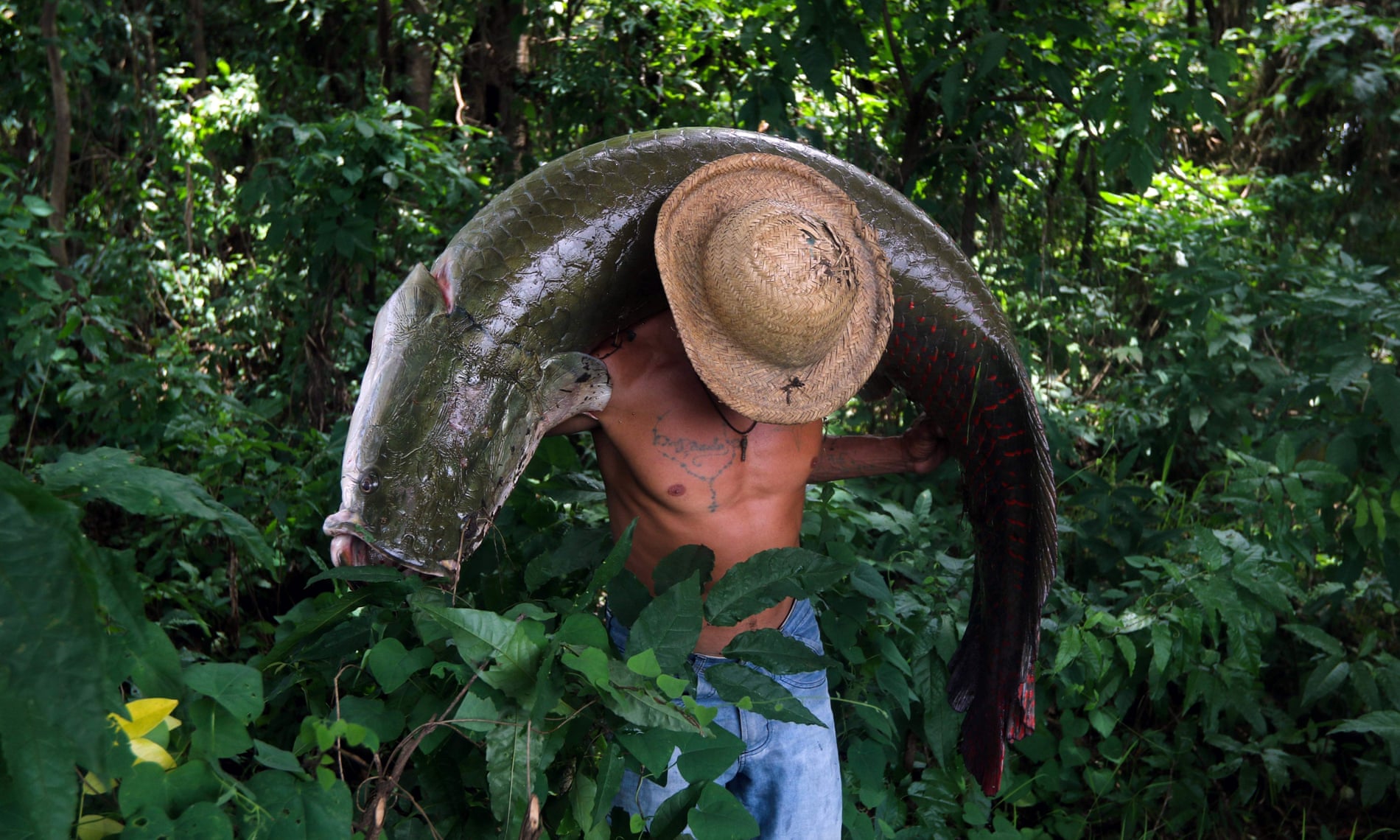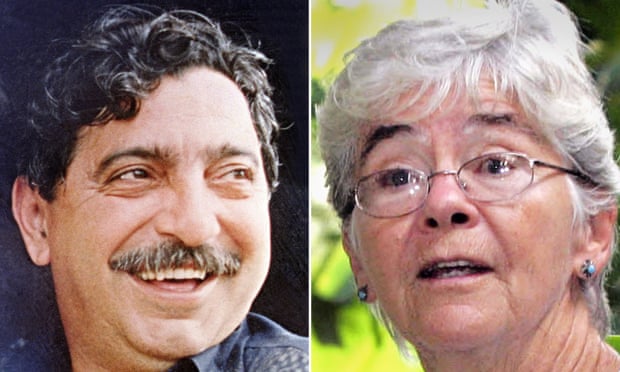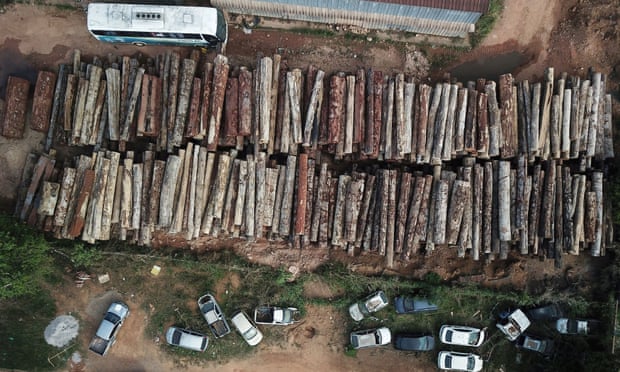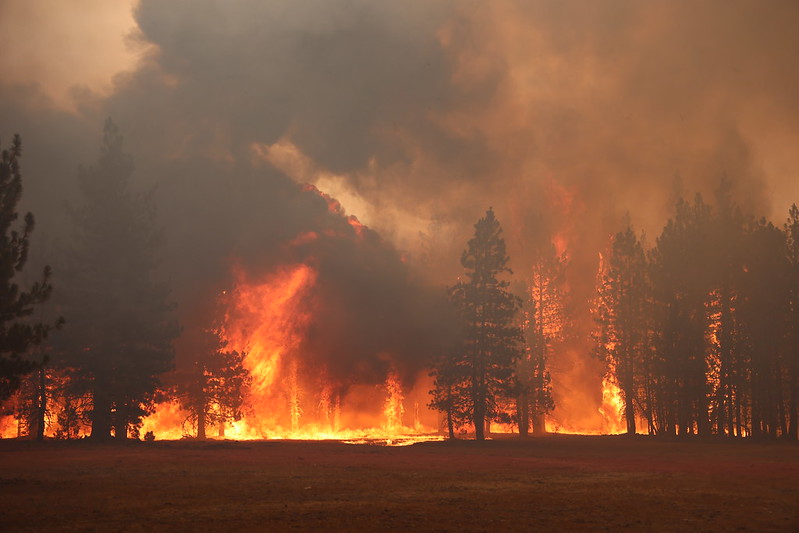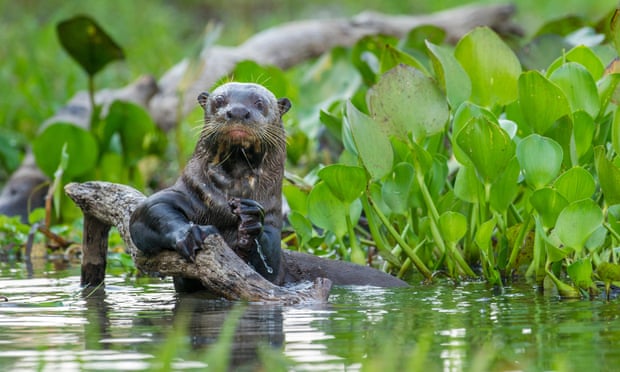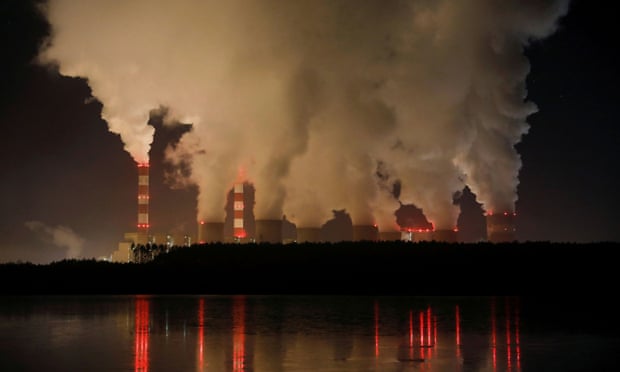We need to talk about water – and the fact that the world is running out of it
The Guardian
On a planet getting hotter and drier by the year, governments are wilfully ignoring a looming crisis. (...)
(Text continues underneath the photo.)
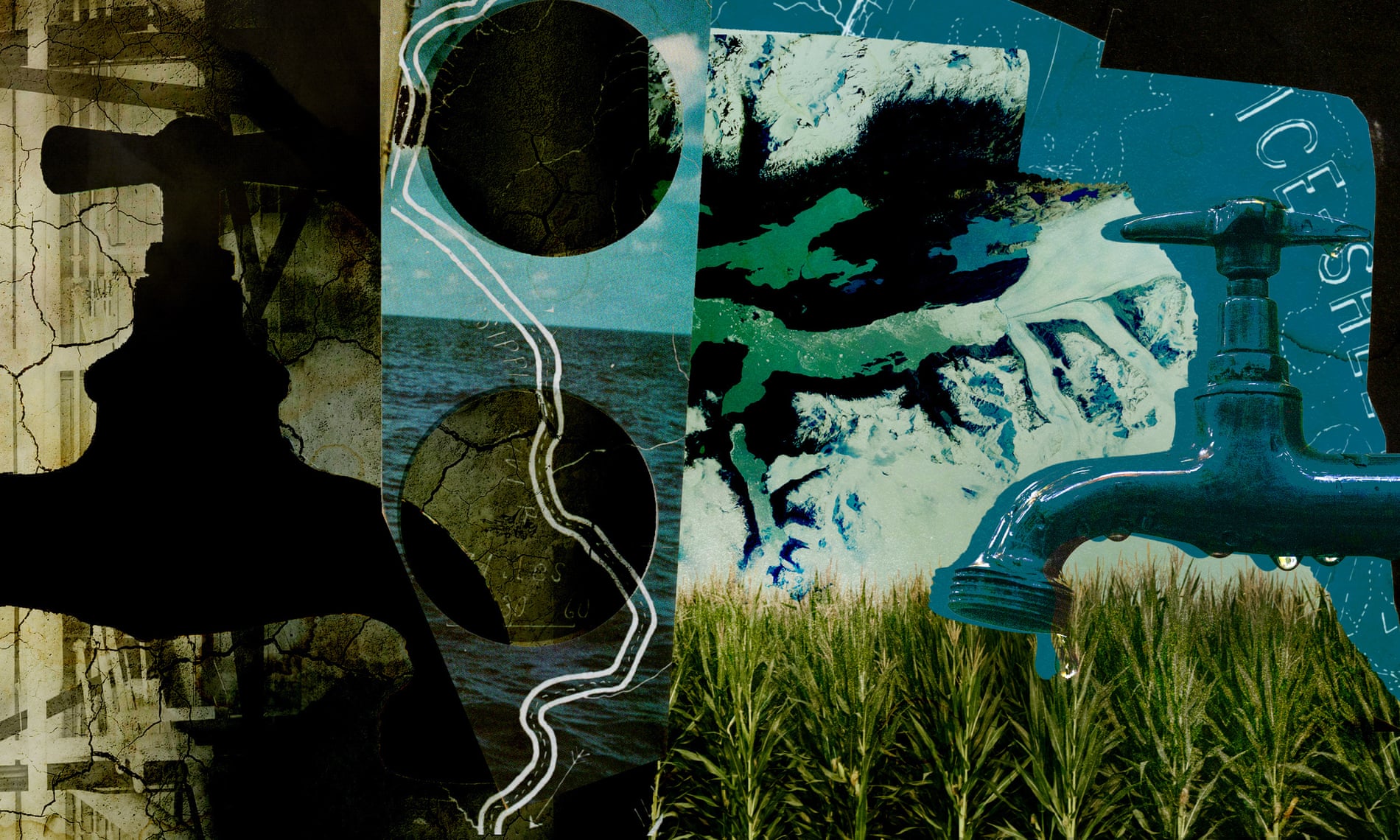
Illustration: Eleanor Shakespeare/The Guardian
To keep pace with the global demand for food, crop production needs to grow by at least 50% by 2050. (...)
A paper published in 2017 estimated that to match crop production to expected demand, water use for irrigation would have to increase by 146% by the middle of this century. One minor problem. Water is already maxed out.
In general, the dry parts of the world are becoming drier, partly through reduced rainfall; partly through declining river flow as mountain ice and snow retreats; and partly through rising temperatures causing increased evaporation and increased transpiration by plants. (...)
Already, agriculture accounts for 90% of the world’s freshwater use. We have pumped so much out of the ground that we’ve changed the Earth’s spin. The water required to meet growing food demand simply does not exist.
That 2017 paper should have sent everyone scrambling. But as usual, it was ignored by policymakers and the media. (...)
Above all, we need to change our diets. Those of us with dietary choice (in other words, the richer half of the world’s population) should seek to minimise the water footprint of our food. With apologies for harping on about it, this is yet another reason to switch to an animal-free diet, which reduces both total crop demand and, in most cases, water use. (...)
This is yet another of those massive neglected issues, any one of which could be fatal to peace and prosperity on a habitable planet. Somehow, we need to recover our focus.
Tags: #agriculture #water #water_use #crops #irrigation #cattle_farming #food_production #drought #rainfall #climate_change #climate_crisis #global_warming
